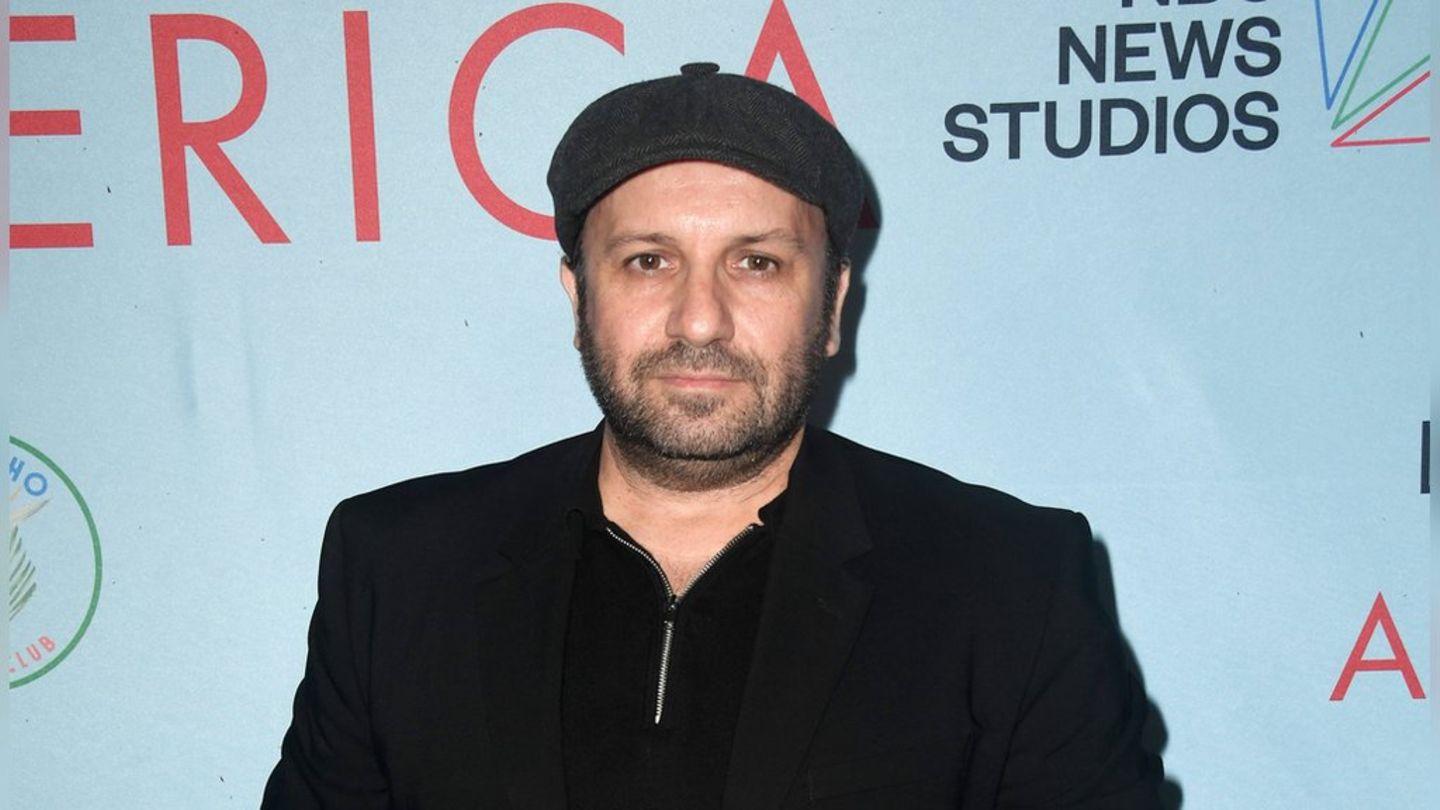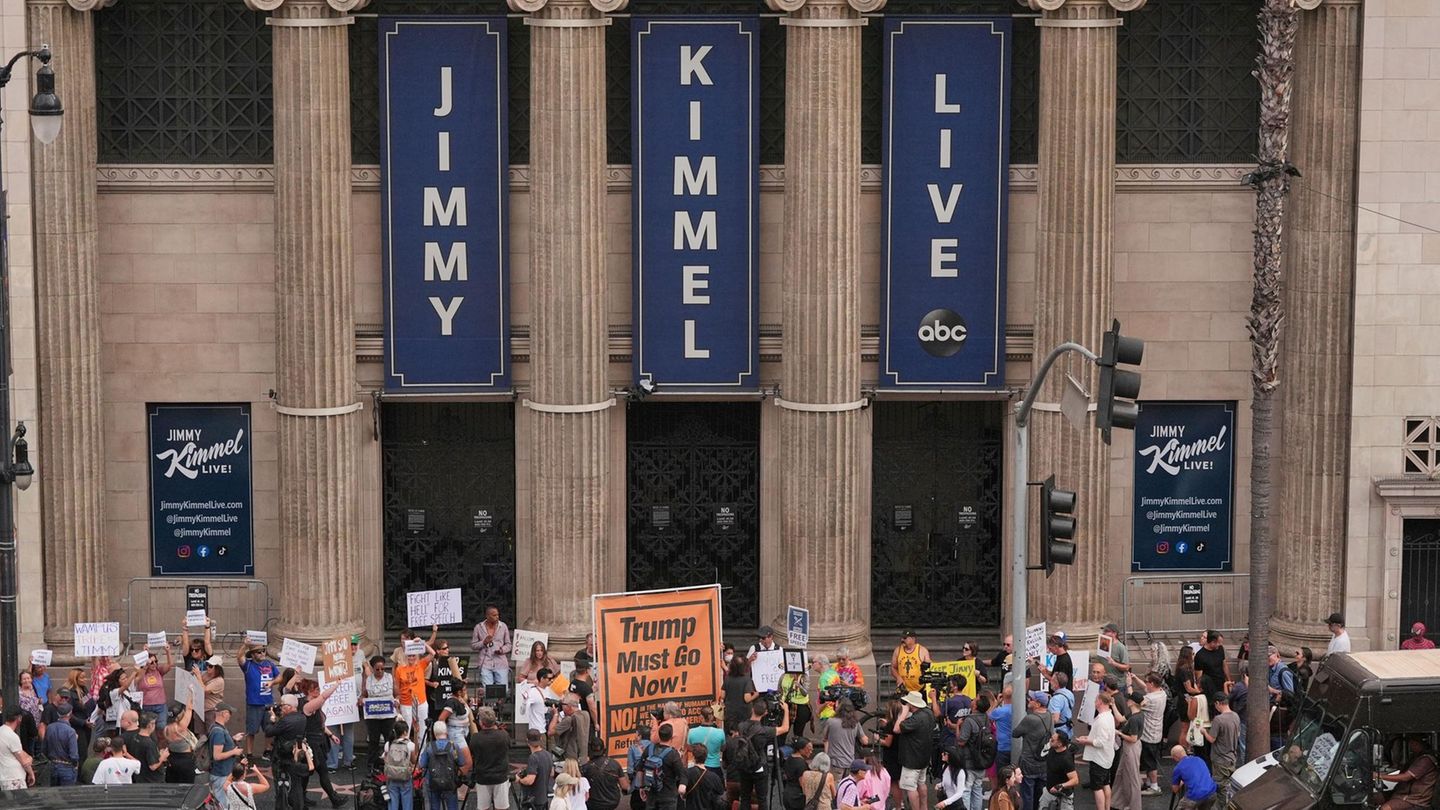However, equity has been making a strong correction in February with a fall of 15% in pesos and 2.6% in CCL dollar. While the bonds rise more than 13% so far this month, recovering what was lost since the 2020 exchange. In this framework, the questions are: How much more can the bonds continue to climb? What outlook is expected for fixed income?
In principle, the market observes that what was seen as a defeat such as the rejection of the Omnibus Law in Congress, It had no considerable effects. This occurred mainly because the Government had good news to tell: the prospect that inflation fell again in February, the Central Bank maintaining the pace of purchases in the MULC, the bgood results of the tenders and the financial surplus announced by Luis Caputo that ratifies the path drawn up by the Government from its beginning.
In that sense, Pedro Siaba Serrate, Head of Research & Strategy at PPI (Personal Investment Portfolio), commented that all these condiments “play in favor of a constructive positioning.”
“This is what is behind the interest of many international players who are seeing if Argentina, still at very deteriorated levels, in the event of a normalization of a curve, can avoid or resolve the profile of short-term maturities that in he 2025 starts to be more bulky”, he explained.
This context is also linked to a correction that the actions after an excellent 2023.
It is worth remembering where it comes from: the shares of local companies that were listed in New York had returns of up to 145% in dollars and in the domestic market in 2023, with an inflation of more than 200%, 585% in pesos. He Merval in dollars, for its part, rose 67.7%. In the fixed income segment, the Bonares earned up to 71% in dollars and the Globales up to 50% in hard currency.
WhatsApp Image 2024-02-22 at 5.00.43 PM (1).jpeg
According to Nicholas CappellaSales Trader of Grupo IEB consulted by Ambit“we are currently in a macroeconomic scenario that paradoxically is more favorable for bonds than for stocks. This is because the spending adjustment and liquefaction that the Government is carrying out, to obtain a 0 deficit, is beneficial for the bonds, since it improves Argentina’s payment capacity. In turn, it helps lower inflation.”
However, he warns that the other side is a “great recession of the economy which affects companies obviously included among the contributors.”
Is it advisable to invest in equity? In principle, according to Capella, no. “In it short term, equity has a more adverse macroeconomic outlook, since companies can hardly generate greater sales and net profits than the previous year. With fixed income, the case is the opposite, to the extent that these results of financial surplus, or even 0 financial deficit, continue to be achieved, bonds will continue to rise, since the possibility of restructuring recedes.
For its part, Ezequiel Zambaglione, Head of Research at Balanz maintains that bonds had very positive returns and stocks very negative, but “if we take the returns of recent years both are tied, since stocks came with a best performance last year.”
In that sense, he stated that in the next three months the panorama should begin to be clarified, especially the evolution of inflation and the exchange rate gap, the Government’s ability to maintain the fiscal adjustment, the negotiations in Congress and the social reaction to the adjustment. . “If these issues are resolved favorably, we think that the bullish journey can continue, even with increases of up to 20%,” explained Zambaglione.
In any case, he maintains that difficulties remain and expectations can change from one moment to the next. “At these prices we see no harm in taking some profits”he explained.
Siaba Serrate He mentioned what the main risks are in the future: “that fiscal issues cannot be resolved going forward, that the issue of Congress is completely blocked, that arrangements cannot be made with the governors.”
“I believe that the international market should be able to open, precisely to be able to overcome the capital maturity profile, which, as I said, is more substantial starting in 2025. The risk of this is precisely that this cannot be achieved, that the social mood do not allow this level of action to be maintained and well, it is precisely What balances it seems to me in any investor decision”he concluded.
Bonds: which are the most convenient to invest in?
In the fixed income segment, Grupo IEB highlights the short segment of the curve (AL30/GD30) above the long segment. “The short part has a much more attractive income and amortization scheme, which, if Argentina can meet its financial commitments, makes them very attractive,” Capello explained.
Meanwhile, since Balanz agree with Grupo IEB that the best are the shortest bonds and include the Bopreales. Regarding fixed income, they remain optimistic “in positive scenarios.”
For their part, global bonds, especially GD38 and GD41 – they say – “They are more conservative alternatives.”
Source: Ambito
I am a 24-year-old writer and journalist who has been working in the news industry for the past two years. I write primarily about market news, so if you’re looking for insights into what’s going on in the stock market or economic indicators, you’ve come to the right place. I also dabble in writing articles on lifestyle trends and pop culture news.




